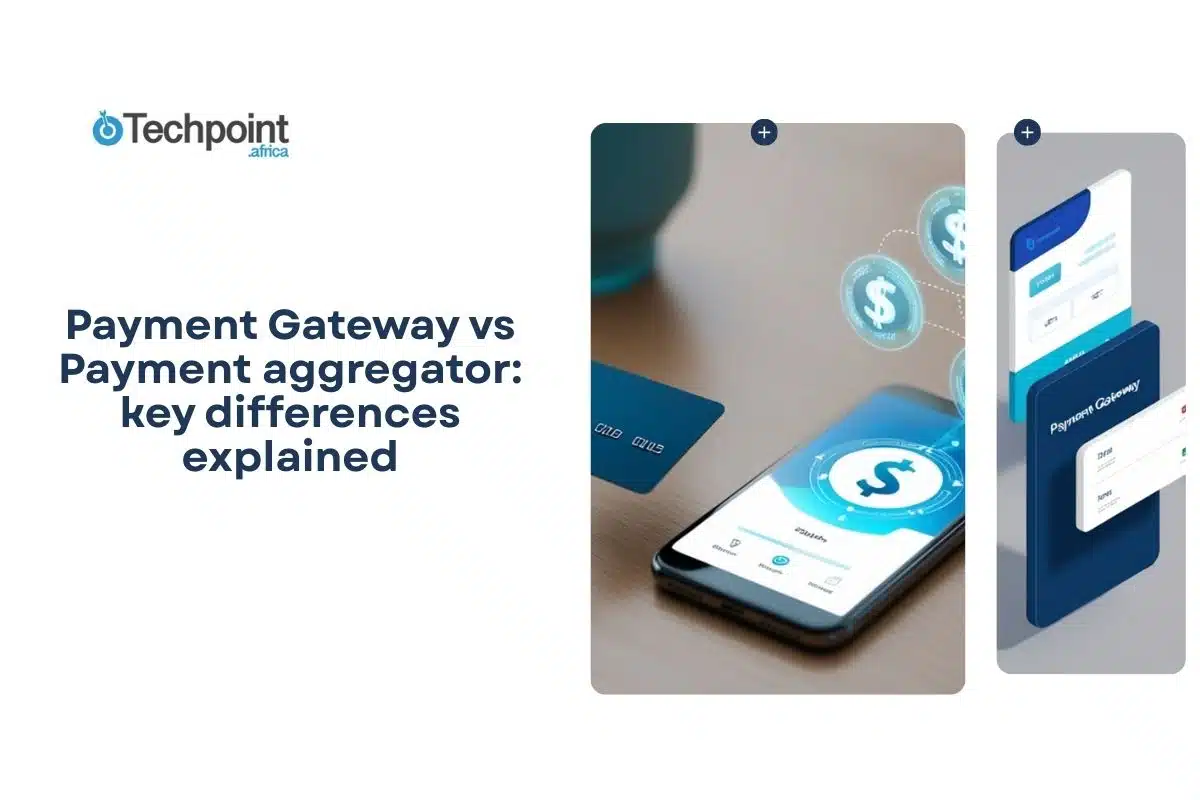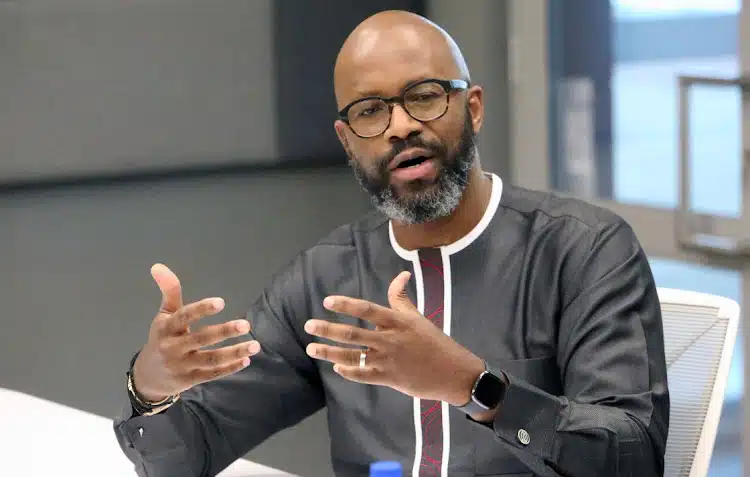According to the GSMA’s State of the Industry Report on Mobile Money 2025, Africa is dominating the global mobile money revolution. The continent now boasts over 1.1 billion registered mobile money accounts, representing more than half of the world’s total and a surge from the 395.7 million in 2019.
In 2024 alone, African users conducted transactions worth $1.1 trillion, underscoring the pivotal role mobile money plays in the continent’s financial ecosystem.
The surge in mobile money adoption is particularly pronounced in East and West Africa, regions that have been instrumental in driving new registrations and active usage. East Africa, for instance, has been at the forefront, with countries like Kenya and Tanzania leading the charge in integrating mobile financial services into daily life.
West African nations, including Nigeria and Ghana, are rapidly catching up, reflecting a continent-wide embrace of digital financial solutions.
This widespread adoption has had a tangible impact on Africa’s economy. By the end of 2023, mobile money services had contributed approximately $190 billion to sub-Saharan Africa’s GDP, highlighting the sector’s significant economic influence.
The versatility of mobile money platforms has been a key factor in their success. Initially designed for simple person-to-person transfers, these platforms have evolved to offer a suite of financial services, including credit, savings, and insurance.
As of June 2024, 44% of mobile money providers offered credit services, while around a third provided savings options. Insurance services, though less prevalent, were available through approximately 28% of providers.
Despite these advancements, challenges remain. A notable gender gap persists in mobile money ownership across several African countries, with limited awareness and low digital financial literacy cited as significant barriers, particularly for women. Addressing these issues is crucial to ensuring inclusive financial growth across the continent.
Africa’s leadership in mobile money adoption reflects the continent’s innovative approach to financial inclusion and underscores the transformative potential of digital financial services in driving economic development.

Victoria Fakiya – Senior Writer
Techpoint Digest
Stop struggling to find your tech career path
Discover in-demand tech skills and build a standout portfolio in this FREE 5-day email course











